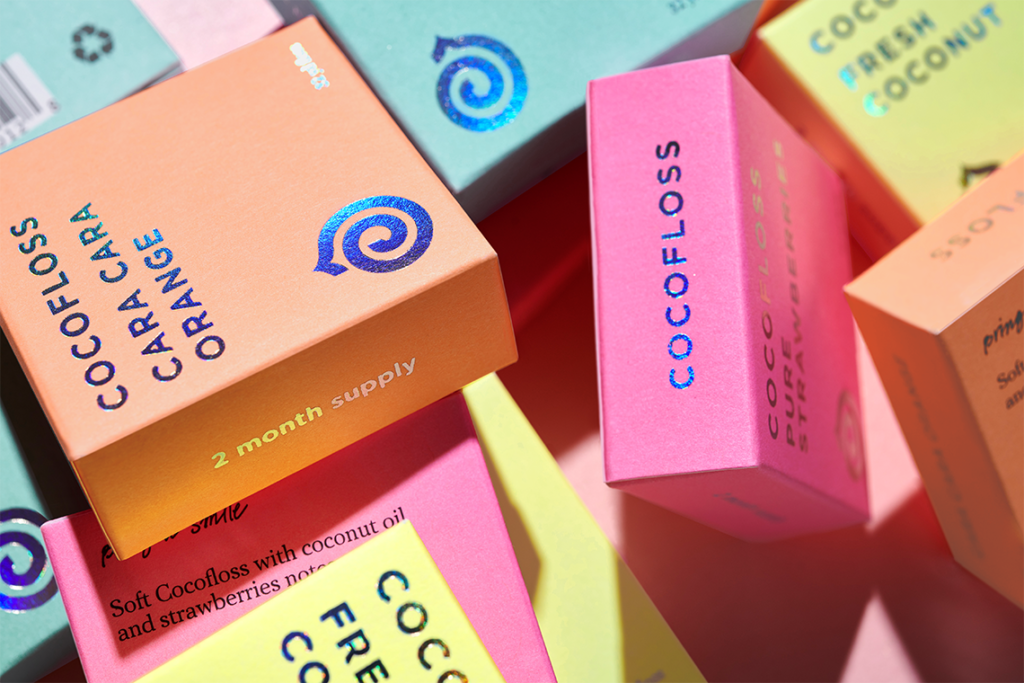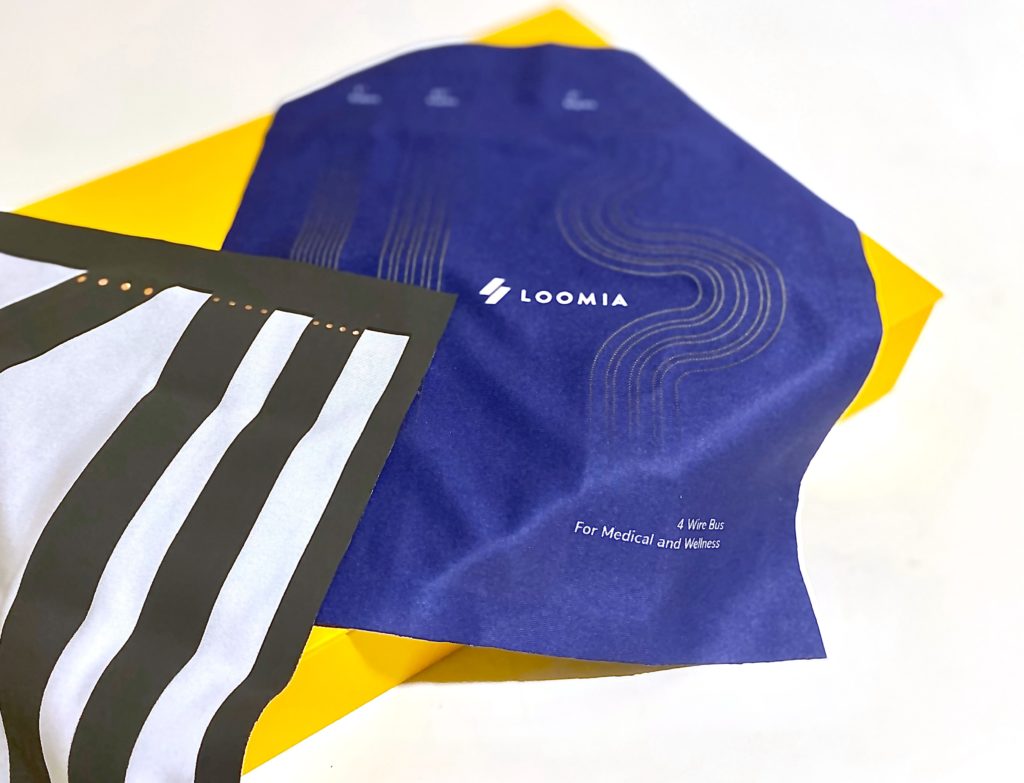Did you know? China is ahead of the US when it comes to having women in leadership positions.
However, on a global scale, women still face incredible obstacles in the tech and start-up world, and improving women’s representation in the economy takes efforts at a number of levels.
If you are part of a women-lead company or if you are interested in helping to restore a balance in the industry – Please, keep on reading. This article covers the obstacles and some of the solutions for boosting the number of women in technology and entrepreneurship. You will also see five featured female-founded brands that are truly inspiring while bringing innovation to their fields.
Nerds and Geeks: On Harmful Media Representation
As the Geena Davis Institute says “If she can see it, she can be it.” As children are growing up, they imagine what they might do when they are adults, based on the role models in their lives and in media. One of the obstacles to getting more women in the technology field is early education and role models in the media. The institute found that when it comes to characters with science and technology professions, 70.2% of the characters are male.
Specifically in the English-speaking world, many shows portray women in the tech fields to be nerdy and awkward, most of the times they are seen as insensitive to fashion trends. Showing what kind of person they might end up as in the future, these caricatures of women can deter girls, particularly in their teen years, from pursuing those careers. Please give it a count: How many nerd-to-popular-girl transformation have you stumble upon on teen films and music videos? Where the socially-awkward girl that goes to Chemistry contests FINALLY takes off her glasses, straightens her hair and puts on makeup – A popular jock will instantly be smitten with her. First of all, why are “nerds” portrayed with black framed glasses?
Media portrayals of females in tech are getting on a brighter track, with the media industry realizing how much power that healthy representation holds. In the recent year, negative portrayals of nerds are disappearing, while we are getting more female characters who excel in tech fields and are in position of power. With characters like Shuri (Black Panther), Jett Reno (Star Trek), Honey Lemon and Go Go Tomago (Big Hero 6), they show girls that being interested in technology, being hardworking and knowing what they are doing can be considered cool and should be respected– Being a “nerd” isn’t a bad thing. If the media can keep up with the trend of bringing strong women in tech fields onto the big screen, more girls will be inspired, the influence is positive and long-lasting.
Role Models Needed IRL: Women in S.T.E.M.
However, role models shouldn’t just exist in media, but in real life as well. Even when the number of women enrolled in undergrad STEM programs has increased over the past few years, the gendered gap remains significant in the U.S., with only 38.9% of STEM undergraduate students are women. Furthermore, in the first year of undergrad for science and engineering, the number of women that switched to a non-STEM major is a high percentage of 49.2% – Staying to pursue an education in the tech field is a challenge for women. This section suggests the lack of real-life role models leads to the distorted gender ratio in tech education.
To close the gap, many post-secondaries evolved to actively showcase meaningful opportunities for women in the tech fields, as well as featuring current female students enrolled in STEM programs. For example, University of British Columbia’s engineering program celebrates International Women’s Day by featuring series of women engineers and students. This passes a message to current and future women engineering students, that women always have a place in the tech field, with bright roads ahead of them. UBC’s Behind the Career video series features women roles models in 14 different engineering specializations, while their Engineering Stories provides day-to-day insights for undergrad students.
Dear Investors, Eyes on Us Please
Even when women do make it into the tech field, the odds are not in their favor. In 2019, which was a record year for the amount of money invested in women-based startups, those startups represented less than 3% of the amount invested. In 2020, the amount invested in women dropped to 2.3%, and a McKinsey report said that the burden of the pandemic could set equality for women back as much as two decades.
The article quoting this statistic also noted that “only” 10 of the 120 unicorns had a female founder, ignoring the fact that that’s 8.3%―triple the number that would be predicted based on the percentage of capital invested in women. In other words, although it’s clearly a good investment, women are still left out of the loop when looking for funding for their tech ventures. This is a lucrative opportunity for seed investors and venture capitalists—so it’s not just about doing the right thing, it’s about leveraging a tremendous untapped resource.
Being Underpaid is STILL a Problem
In 2021, being underpaid is still a challenge for women in the tech field. Reported from Dice, 38% of women are dissatisfied with their compensation, with an average of $69543. The numbers speak for themselves compared to $81820, the average salary for men who are dissatisfied. Furthermore, a visible pay gap can still be seen when both genders are satisfied with their compensation: For the reported women being satisfied with their salary, their average salary is $93591, while the average salary for men is $108711.
To achieve a more balanced workplace, many tech companies have made major strides in creating environments that are more comfortable to women. For example, measuring people on their productivity rather than the net hours in the office allows for people to prove themselves, regardless of gender. Company childcare, maternal AND paternal leave for new parents are ways that companies can create friendly environments and signal to all employees that a work-life balance is valued.
SPOTLIGHT: Six Inspiring Founders in Our Industry
In order to promote equality in tech and start-ups, more spotlight should be given to women-lead businesses. This section introduces some innovating and sustainable brands with female CEOs. Six founders are here to share their story – Do you want to get featured as well? Please introduce yourself and your brand to Platform88, and we will take it from here!
The Qurious card company is addressing the first point in this blog—the need to get young children interested in science and mathematics from a young age using card games and sparkly purple telescopes. As the number one space card game seller in the world, Qurious has been working with Chinese manufacturers from the very start. The company founder, Miriam Lottner, said that sometimes women have to deal with the perception that they aren’t as good negotiators as men. Having a representative on the ground can be crucial, in sourcing ethical and environmental materials. “I did it all myself from the start and I paid the price,” she said. All of the Qurious products are made of non-toxic materials that are ethically sourced and ethically produced. “You never know where the cards will end up—in toddler’s mouths, a bathtub or chewed by the family pet. The materials have to be child-friendly and non-toxic,” Miriam added.
Speaking of making sure you put only non-toxic materials in your mouth, sisters Chrystle and Cat Cu created Cocofloss, a dental floss made with natural anti-microbials and free of polyfluoroalkyl substances (PFAs). A dentist by profession, Dr. Chrystle Cu realized that people were harming themselves by rubbing plastics on their teeth and gums—daily and created this inspiring product line that now includes toothbrushes as well. The packaging is made from recycled water bottles.

Our company Platform88 is also keen on using sustainable materials for our manufactures. We’ve been working with algae material, ocean bound plastic, recycled stainless steel and more. We are also actively looking for new eco-friendly materials. Are you a sustainable supplier? Send us a message through our website and we will get back to you!
Knix is an intimate wear company founded by Joanna Griffiths, who was frustrated by underwear that was uncomfortable, too frilly, and impractical for women. After launching a successful IndieGoGo campaign to get her venture started, the company expanded to multiple lines of underwear and bras that prioritize function and beauty. The company is always seeking manufacturing solutions that will reduce the environmental impact as well as being healthy. While many people don’t think much about their clothing, the chemicals and materials in the fabric touch our bodies all day long. Using non-toxic ingredients in clothing can be as important as using them in kitchen accessories.
Speaking of fabric, Loomia is a materials company that designs and manufactures electronic textiles. Founded by Madison Maxey, Loomia holds 5 patents protecting a method of creating a soft and flexible circuit that can be used for wearables, automotive interiors, robotics, and more. These electronic textiles can make fabrics heat up, light, and sense. While this technology may sound futuristic, engineers can buy their materials today on popular sites like Adafruit, Sparkfun and Digikey.

A women’s lifestyle brand Gravitas addresses the last point in the blog – The hardship of women in the workplace. Their CEO Lisa Sun, a Taiwanese American, aspires to bring confidence for women to return to their workplace. By giving away $100000 worth of clothing to 100 women, her June 2021 campaign The Gift of Gravitas aims to solve a timely problem of women being disproportionately affected in the workplace since the COVID19 pandemic. What one wears has such transformative power and one’s styling can be truly empowering. The gifted wardrobe is a confidence boost and will help women returning the work place with true “gravitas”.
-Lisa Sun, CEO of Gravitas
Want to read about more inspiring women ventures? Check out this Medium blog.
Minority Lead Businesses – Work with Us NOW
Platform88 is actively looking to work with companies that are led by women or under-represented groups. If your company is considering working on developing consumer products, please reach out to learn how we can help you and provide favorable terms for your success. Connect with us today!
